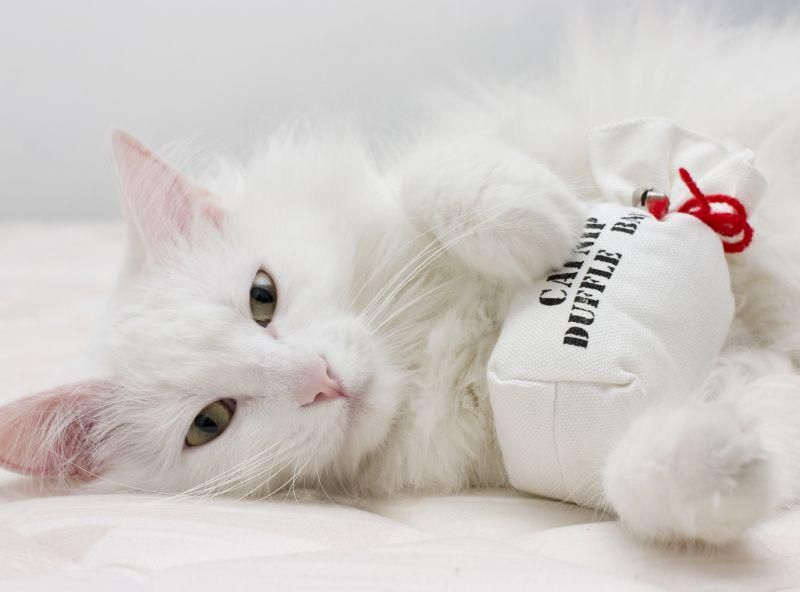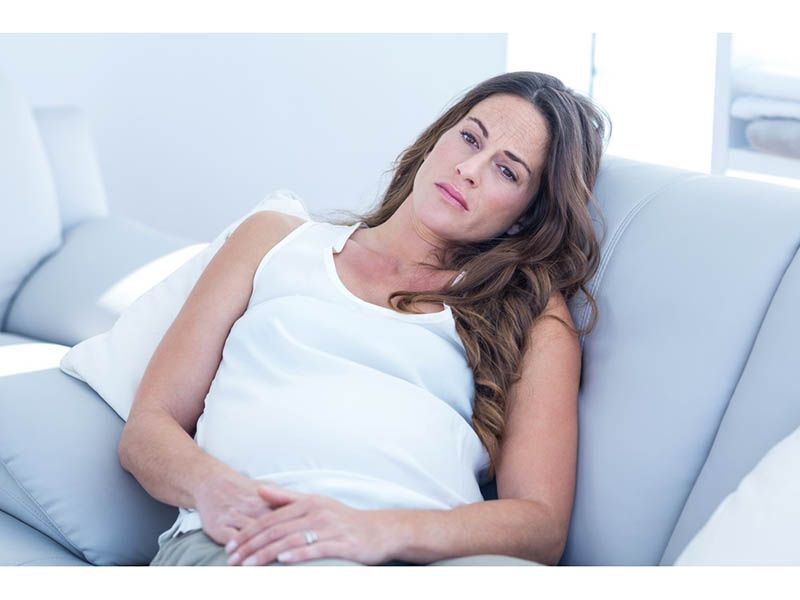
In some reassuring news for professional athletes, a new study finds very few develop inflammatory heart disease after being infected with COVID-19, and most can safely return to play. In fact, of nearly 800 professional athletes who had tested positive, less than 1% were barred from returning to play because of heart damage from COVID-19,… read on > read on >


















